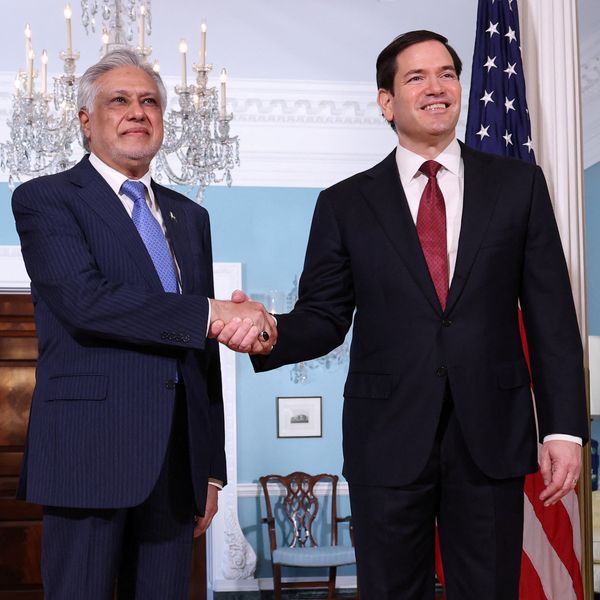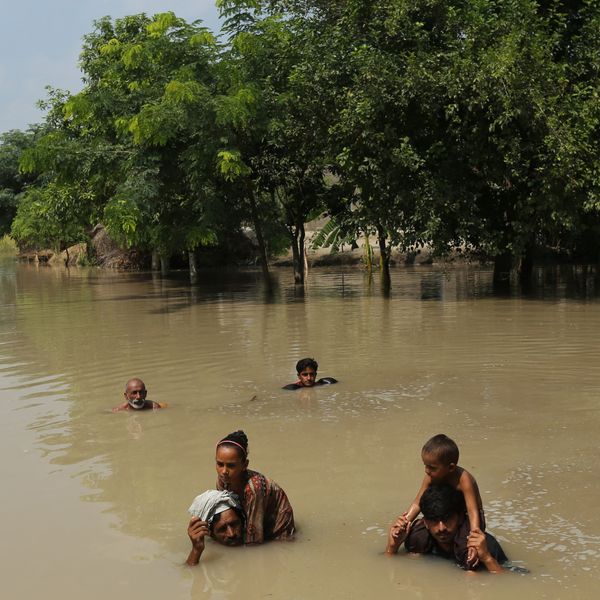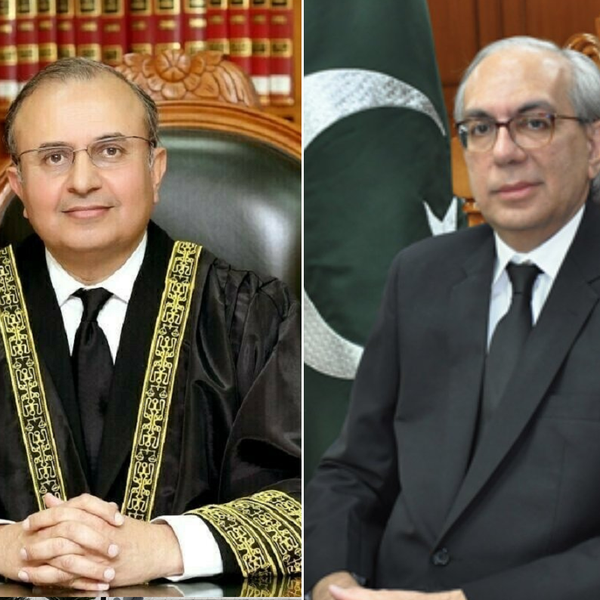Pakistan Business Council demands structural reforms in upcoming budget
Calls for export-led growth, equitable taxes and long-term vision to stabilize economy
Nida Gulzar
Research Analyst
A distinguished economist with an M. Phil. in Applied Economics, Nida Gulzar has a strong research record. Nida has worked with the Pakistan Business Council (PBC), Pakistan Banks' Association (PBA), and KTrade, providing useful insights across economic sectors. Nida continues to impact economic debate and policy at the Economist Intelligence Unit (EIU) and Nukta. As a Women in Economics (WiE) Initiative mentor, she promotes inclusivity. Nida's eight 'Market Access Series papers help discover favourable market scenarios and export destinations.

As the national budget approaches, the Pakistan Business Council (PBC) is calling for a paradigm shift—from short-term fixes to deep structural reforms aimed at sustainable growth, equitable taxation and industrial competitiveness.
In its latest commentary, the PBC did not mince words: Pakistan is navigating an economic minefield, and only a deliberate, long-term approach can steer the country toward stability.
“It’s not just about closing fiscal gaps or managing currency reserves. For everyday Pakistanis, the real priorities are jobs, inflation control and upward mobility in a region where we often lag behind,” the council said.
At the heart of the PBC’s recommendations is a dual objective: fixing the external account by boosting exports and managing the fiscal account through broader taxation, formalization of the economy and cuts in state-owned enterprise losses. But that alone is not enough.
“Previous budgetary exercises have been last-minute, mathematical and force-fit in nature, lacking long-term strategic alignment with the country’s trade, industrial, labor and investment needs and policies,” the PBC said. “The Pakistan Business Council was the first major business body to propose longer-term measures early in January to address strategic economic imperatives.”
Separating fiscal policy from tax collection was a key recommendation. The government has already moved to establish a Tax Policy Office and is in the process of announcing a tax policy advisory body. “This is a bold move,” the PBC noted.
While the council praised proposed relief for salaried individuals—warning of a brain drain without such support—it also demanded a roadmap for lowering corporate and super taxes to regional benchmarks. “We await a clear and bold roadmap for this to kick-start investment,” the group stressed.
A recurring theme in the PBC’s approach is the need to boost exports. With global tariff uncertainties rising—notably from the U.S.—Pakistan’s ability to compete globally depends on smarter fiscal incentives and better support for domestic input production. Rationalizing import tariffs to help exporters is a start, but the council stressed this must be accompanied by measures to reduce the cost of doing business.
The challenges are deep-rooted: high energy costs, indirect taxation of manufacturing, limited availability of long-term capital, a shortage of foreign exchange for capital expenditure and a formal sector struggling against informal competitors. Without addressing these issues, the PBC warned, deindustrialization will accelerate, unemployment will rise and pressure on the external account will worsen.
Recent policy missteps were also highlighted. The imposition of an 18% sales tax on packaged milk—intended to boost revenue—backfired. Prices surged by approximately 70 rupees per liter, reaching 350 rupees, while sales dropped 20%. Formal dairy farmers suffered heavy losses, and consumers shifted to unregulated loose milk, which now makes up over 90% of the market.
“This is a telling example of how tax policy can backfire, punish the formal economy and undercut public health,” the council said.










Comments
See what people are discussing